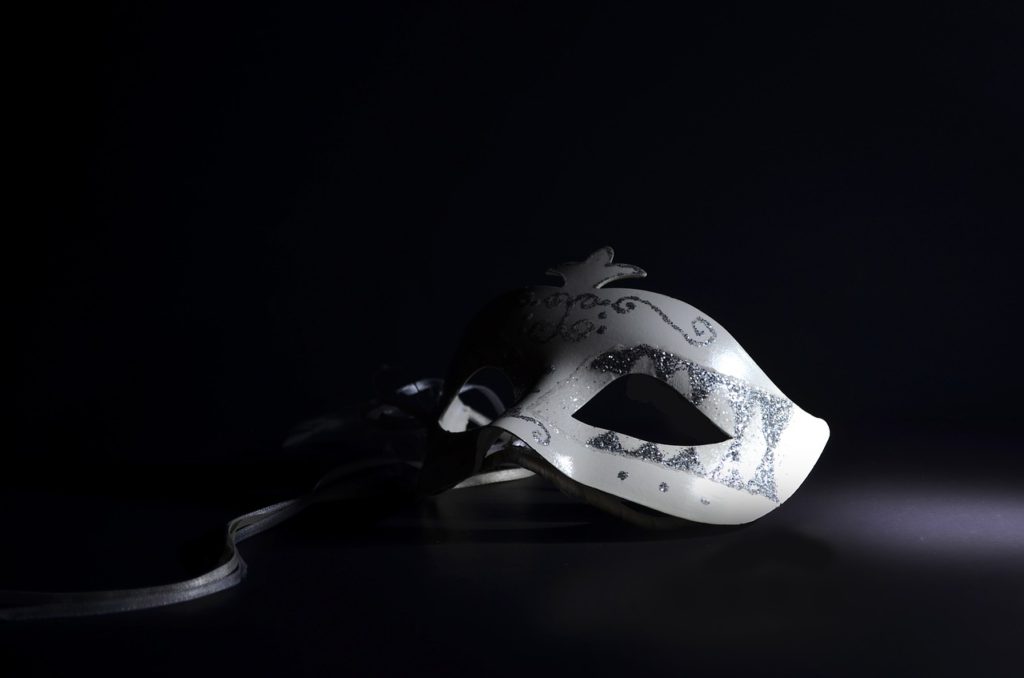Literature is an infinite subject with themes, genres and expressions coming from expected and unexpected corners of the mind. Despite the presence of various categories like poetry, prose, drama, etc. it is quite difficult to define a particular work of literature with these alone. Any given work can be a combination of two or three genres or may contain more than one theme. Therefore a branch of study to deal with these complications is born i.e. criticism. There are many forms of criticism like theoretical criticism, objective criticism, impressionistic criticism, expressive criticism, pragmatic criticism, psychoanalytical criticism, etc.
What is psychoanalytical criticism in English Literature?
Psychoanalytical criticism relies heavily on the theory of psychoanalysis developed by Sigmund Freud and other theorists. In short, psychoanalysis aims to understand the unconscious mind through several techniques. This psychoanalysis is applied to texts to determine the state of the author and use of scenes/words/expressions in the text.
Psychoanalytical criticism in English literature can be called as a comparison of the author’s neuroses during the composition of a work and the past experiences that led to the idea of the work. Sigmund Freud, Carl Jung, Jacques Lacan, etc. have contributed to the subject of unconscious and literary critics employed the same to texts in order to get a deep understanding. One of the finest examples to prove the amalgamation of literature and psychoanalysis is the tragedy Oedipus Rex by Sophocles. Sigmund Freud interprets this “Oedipus complex” as a concealed intention of the mind where Oedipus complicated by his relationships sleeps with his mother and kills his father. This is excellently analyzed by Freud in the Interpretation of Dreams.
Psychoanalytical criticism
The psychoanalytical criticism can be fairly called as subjective because it involves the critic’s understanding of the text, author, past that connects the author to a work. In general, this type of criticism can be divided into four parts –
> The conscious and unconscious mind of the author, which has led him/her to write something on a particular subject
> The psychological understanding of the characters in relation to other characters, plot and the intentions of the author
> Interpretation of the mind of the readers who choose a particular title of the author and their mental cognition regarding the text
> Finally, the work is analyzed as a whole to understand the symbolism, psychology, plot value, language used, expressions placed, etc.
Explanation
Psychoanalytical criticism in English Literature is better understood through a famous play by William Shakespeare – Hamlet. Hamlet is a deeply philosophical character based on the writings of William Shakespeare; however, the play is based on a legend where there is no conclusion about the thinking of Hamlet. So, it can be inferred that the philosophical nature of Hamlet was developed by the conscious and subconscious interests of Shakespeare.
The plot of the play is complex and the same can be said of the characters. Every character has one or other psychological shift during the play. The soliloquies of Hamlet intensify the roles of other characters and give an opinion on how Shakespeare wants to portray the protagonist.
Critics agree that Hamlet is not an easy text to understand for those who are not mature enough to travel deep into the minds of the characters. So, the cognition of the readers who like Hamlet reflects their psychological thinking and interpretative skills on complex subjects.
Symbolic imagery, mind games, plot within a plot, careful selection of words in the right place, expressive nature of characters, etc. are used to interpret Hamlet as a whole.
Psychoanalytical criticism in English Literature is a complex presence making it a bit unpopular among the branches of literary criticism. However, it is a very powerful tool that covers all aspects of a work including the conscious, subconscious and unconscious minds of the author, readers and characters.
Psychoanalytical criticism - Download in PDF

